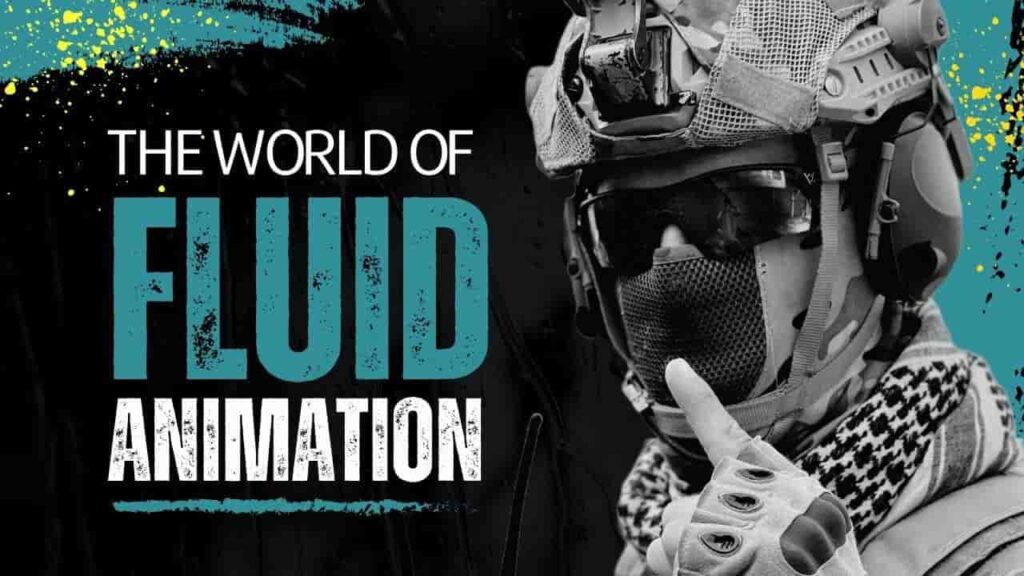Ever noticed how a YouTube video maker can help capture lifelike movements in animated movies and video games—like characters smoothly gliding through water or flames flickering with realistic detail? This visual magic comes from the fascinating world of fluid animation. Let’s dive into the innovations, challenges, and future of this captivating field. For an easy start, check out a free online YouTube video maker with templates.
Fluid animation aims to replicate how liquids and gases behave in virtual environments. Imagine watching water pour out of a glass or wind rustling through leaves. To make these animations look real, researchers tap into fluid dynamics, the study of fluid movement and interactions. They use mathematical models to recreate everything from flowing rivers to drifting smoke with impressive accuracy.
Creating realistic fluid animations is tricky. It’s all about balancing precision with efficiency. Techniques like Navier-Stokes equations and smoothed particle hydrodynamics (SPH) help bring fluid motion to life on screen. The challenge is capturing the fine details, like the way water ripples or splashes, in a way that feels genuine.
One major challenge in fluid animation is computational power. Real-time simulations of fluid dynamics require a lot of processing resources, making them quite demanding. Researchers are continually refining algorithms to improve performance and ensure animations run smoothly without losing quality.
Another hurdle is pushing realism even further. While today’s simulations are impressive, there’s always room for improvement. Researchers are exploring new techniques, such as machine learning, to boost accuracy and efficiency. By training neural networks with real-world data, they aim to enhance the precision of fluid behavior predictions, bringing us closer to truly lifelike animations
Fluid animation isn’t just for entertainment. It has valuable applications in fields like engineering and medicine. Accurate simulations can model complex systems, such as airflow in buildings or blood flow in the human body, providing insights that lead to better designs and treatments.
A YouTube video maker can showcase the exciting future of fluid animation research. With ongoing tech advancements and interdisciplinary efforts, we can expect even more impressive simulations. Fluid animation promises endless possibilities, from immersive environments to scientific discoveries. For easy video creation, use a free online YouTube video maker with templates.

